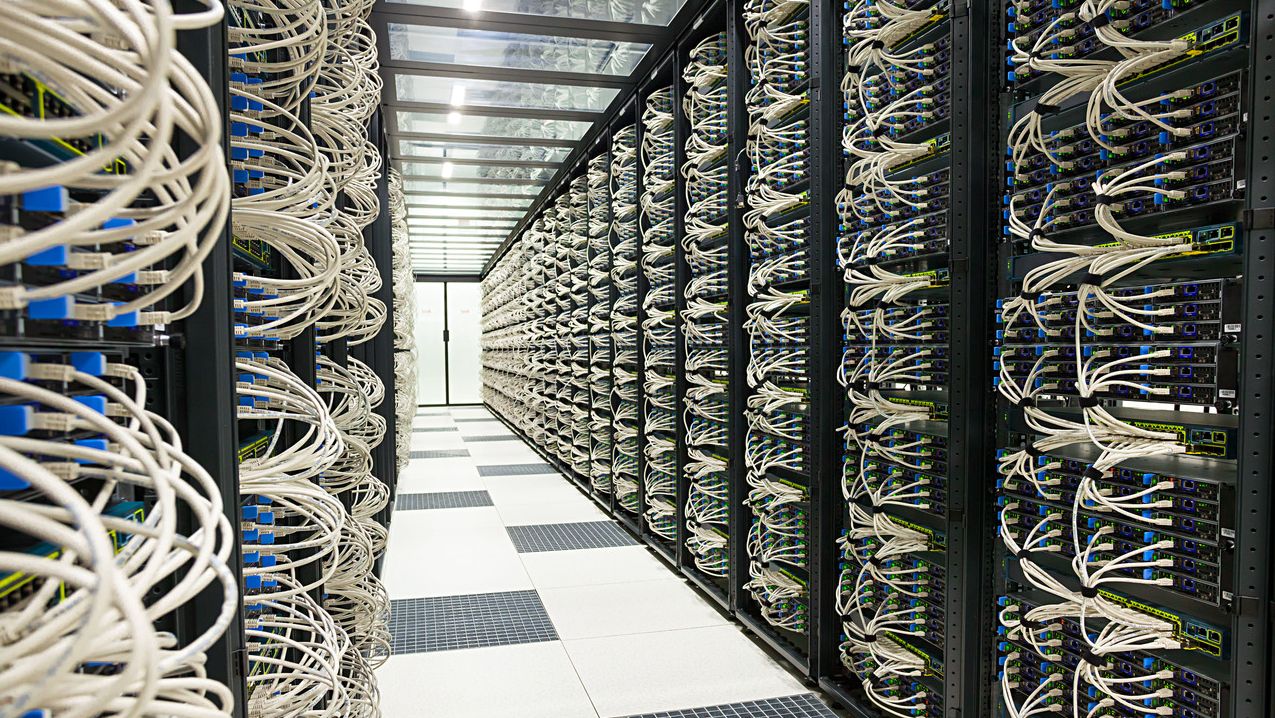The tipping point for AI and Managed Cloud
The growing demand for cloud services driven by the rise of generative AI

In 2024, the average business was spending 30% more on the cloud than the previous year, and much of this surge can be attributed to the rise of generative AI tools. From advanced chatbots to sophisticated machine learning models, the ‘AI rush’ is reshaping industries – and with it, the infrastructure needed to support these breakthroughs.
However, this explosion of demand comes with significant challenges. Hosting AI-centric workloads requires substantial capital expenditure (CapEx) for specialized, high-performance hardware such as GPUs, TPUs, custom AI chips, and energy-intensive cooling systems to prevent overheating. Adding to this complexity is the unpredictable nature of AI workloads, which fluctuate heavily during testing and implementation phases.
Together, these factors make achieving the economies of scale seen in traditional cloud services a significant hurdle. Yet, the tipping point is in sight: advances in technology and shifts in the AI ecosystem are transforming these challenges into opportunities, paving the way for managed cloud providers to redefine how AI workloads are hosted.
Co-founder and Director of Hyve Managed Hosting.
The key trends driving the AI tipping point
1. Advances in hardware and efficiency
Specialized AI hardware is evolving rapidly, reducing energy consumption and improving cost-effectiveness. For example, NVIDIA's H100 Tensor Core GPUs deliver up to nine times the AI training performance of their predecessors, making them a game-changer for AI workloads. Similarly, modular AI chips, such as those developed by Cerebras Systems, allow for more efficient scaling of AI models, optimizing both performance and energy use.
These innovations make hosting AI applications more efficient, reducing costs while maintaining the high-performance business's demand. As hardware continues to improve, the barrier to hosting AI workloads at scale is gradually being lowered.
2. Emerging AI-as-a-Service models
One of the most significant shifts in the AI ecosystem is the rise of AI-as-a-Service (AIaaS). By offering AI solutions on a subscription basis, managed cloud providers eliminate the need for businesses to invest heavily in upfront infrastructure. AIaaS lets companies deploy AI technologies quickly and scale implementations efficiently, fostering broader adoption even among businesses without extensive IT budgets.
3. Increased AI accessibility for SMEs
Small and medium-sized enterprises (SMEs) have historically faced challenges adopting advanced AI due to prohibitive costs and limited in-house expertise. The rise of AIaaS models will change the game, letting SMEs harness AI without breaking the bank.
With managed service providers handling the heavy lifting – everything from infrastructure management to AI deployment – SMEs can focus on applying AI to their specific business challenges. Whether automating routine tasks, improving customer experience, or optimizing supply chains, these smaller players will now have the opportunity to compete with larger enterprises in the AI arena.
4. Economies of scale driving cost reduction
As AI becomes more widely adopted across businesses and industries, cloud providers will reach the critical mass needed to achieve economies of scale, reducing the per-unit cost of AI hosting. This progress is lowering entry barriers for businesses, enabling providers to enhance their offerings while making AI hosting more affordable.
For example, the shared infrastructure model of managed cloud services allows multiple businesses to benefit from advanced hardware without shouldering the entire cost. This is particularly important for AI, where high-performance hardware often sits idle between workloads.
Managed service providers balancing the scales
In the UK alone, 65% of businesses rely on managed service providers (MSPs) to address the IT skills gap, particularly in security and infrastructure management areas. For AI, this reliance is even greater. The complexity of deploying AI workloads and the shortage of skilled professionals to manage advanced infrastructure drive businesses to partner with MSPs.
By offloading infrastructure challenges to experts, businesses can focus on using AI for growth and innovation rather than the logistics of managing the intricacies of scaling deployments. This growing reliance on MSPs highlights their critical role in bridging the expertise gap and ensuring businesses stay ahead in the AI race.
How the tipping point will reshape industries
As demand for AI hosting reaches critical mass, managed cloud providers will unlock new opportunities to reduce costs, enhance service offerings, and make advanced AI capabilities more accessible. This shift will profoundly impact industries across the board.
For businesses, AI-powered solutions will streamline operations, automate tasks, and significantly reduce costs.
For example:
- Retailers can use AI to optimize inventory and personalize customer experiences. •
- Healthcare providers can use AI for faster diagnostics and improved patient care.
- Manufacturers can adopt AI for predictive maintenance and improved production.
For managed cloud providers, integrating AI into their services will create new revenue streams and help them differentiate themselves in an increasingly competitive market. The rise of AIaaS, combined with advances in hardware and the benefits of economies of scale, will position MSPs as key enablers of the AI-driven economy.
Ultimately, the marriage of AI and managed cloud will not just overcome existing hurdles – it will redefine them. By turning today’s challenges into tomorrow’s opportunities, managed cloud providers are poised to lead the next wave of digital transformation, delivering the infrastructure needed to support the AI revolution.
We've listed the best managed web hosting.
This article was produced as part of TechRadarPro's Expert Insights channel where we feature the best and brightest minds in the technology industry today. The views expressed here are those of the author and are not necessarily those of TechRadarPro or Future plc. If you are interested in contributing find out more here: https://www.techradar.com/news/submit-your-story-to-techradar-pro
Are you a pro? Subscribe to our newsletter
Sign up to the TechRadar Pro newsletter to get all the top news, opinion, features and guidance your business needs to succeed!
Co-founder and Director of Hyve Managed Hosting.
You must confirm your public display name before commenting
Please logout and then login again, you will then be prompted to enter your display name.